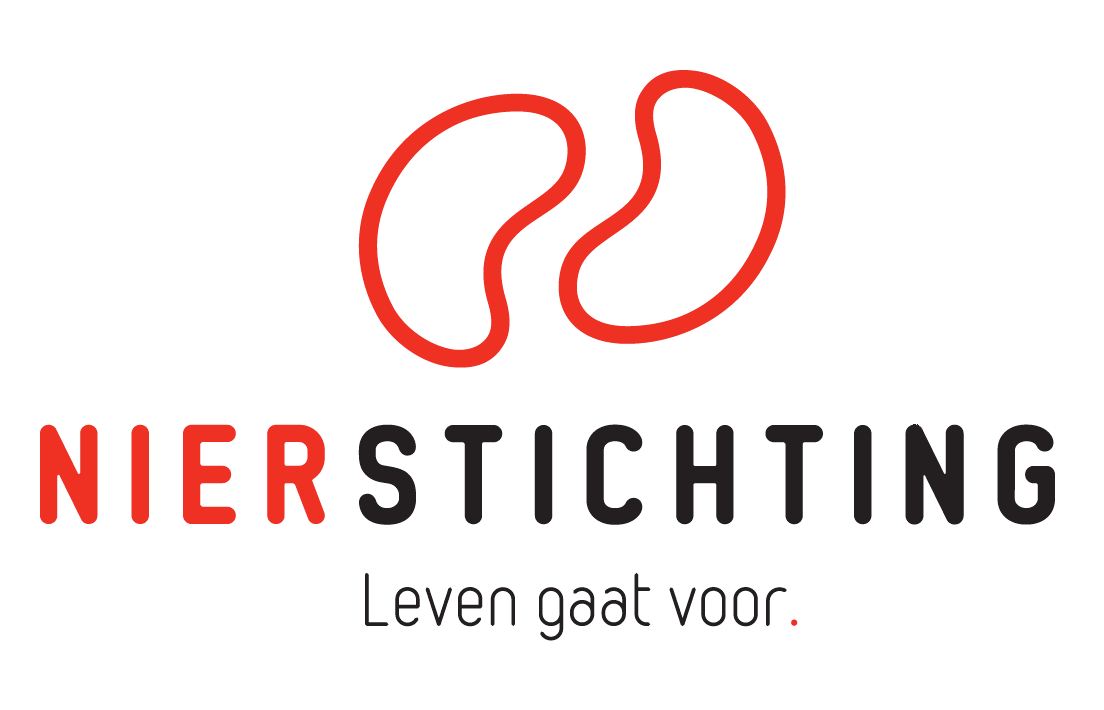Microcirculatory and renal oxygenation effects of new hemoglobin based oxygen carriers (HBOC) for the prevention and treatment of acute kidney injury (AKI)

Project summary
Acute kidney damage is a life-threatening condition, for which optimal treatment is not yet available. Patients who have endured acute kidney damage often develop chronic kidney damage because the kidneys have not fully recovered. These patients are often dependent on kidney function replacement treatment.
The combination of an oxygen deficiency and inflammatory processes in the kidney has been identified as a cause of acute kidney damage. Previous research has shown that damage to red blood cells and the microcirculation (blood flow in the small blood vessels) in the kidney can occur during, for example, a surgical procedure. The microcirculation in the kidney transports oxygen via red blood cells to the kidney cells. Oxygen is bound to hemoglobin, a natural oxygen-transporting molecule. Damage to red blood cells and microcirculation impedes the release of oxygen to the kidney cells, causing an oxygen deficiency in the cells. The expectation is that oxygen-carrying molecules, such as cell-free hemoglobin solutions (hemoglobin-based oxygen carriers; HBOCs), are suitable for delivering extra oxygen to the kidney.
This project will investigate the pharmacological and physiological properties of HBOCs to determine whether these molecules can repair an oxygen deficiency in the kidney. This research can lay the foundation for the clinical introduction of HBOCs to prevent or reduce the development of acute kidney damage. HBOCs may also offer a therapeutic outcome in other kidney diseases where there is an oxygen deficiency.
Impact
Investigating the use of a new generation of oxygen-carrying molecules (hemoglobin-based oxygen carriers; HBOCs) to treat acute kidney damage. Validate the effectiveness of HBOCs in the treatment of acute kidney damage to pave the way for the introduction of HBOCs as a therapy for kidney disease
More detailed information
Principal Investigator:
prof. dr. Can Ince
Role Erasmus MC:
Coördinator
Department:
Project website:
Funding Agency:
Nierstichting



